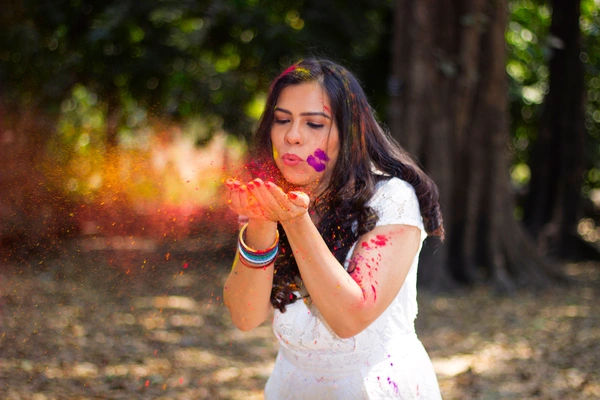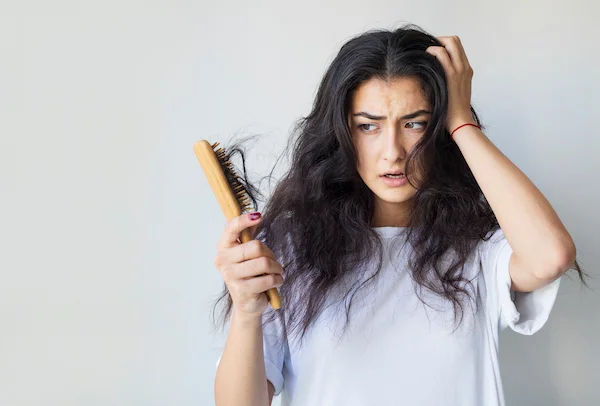- Male
- 0 Years
- 07/02/2025
I'm experiencing skin rashes all over my body and have been struggling with this issue for about a month now. It's even affecting my private parts. Could this be something serious, or is it something that's treatable? I've tried a few things, but nothing seems to work. What should I do?
Answered by 1 Apollo Doctors
That could be URTICARIA identify the triggering factor and avoid it,visit Dermatologist for appropriate managemnet
Dr. Mubarak Suggests...
Consult a Dermatologist
Answered 04/07/2025
0
0

More Dermatology Health Queries
View allI'm dealing with some serious pain and I got my CBC report back yesterday showing increased TLC or ESR levels. The local doctor mentioned it's causing these boils (funsi foda), but the stuff I got from them isnt helping, and the pain is just too much to handle. Can you please guide me on how to tackle this issue?
The combination of elevated TLC and ESR suggests inflammation or infection, and the pain could be related to that. It's important to continue following up with your healthcare provider and communicate the severity of the pain. If needed, a second opinion from a specialist might be necessary for a more thorough diagnosis and effective treatment plan.
Answered by 1 Apollo Doctors
I'm currently taking Zempred 4mg during the weekends, two tablets each on Saturday and Sunday for a total of one month, which adds up to 16 tablets. I've been diagnosed with lichen planus pigmentosus. I'm wondering if it's okay to stop taking these tablets after the one month is up? Is it generally safe to continue with this dosage for just a month?
Zempred 4mg is a brand name for methylprednisolone, which is a corticosteroid. It is commonly used to treat inflammatory conditions like lichen planus pigmentosus. The dosage you mentioned is appropriate for short-term use. It is safe to stop taking Zempred 4mg after one month as prescribed. However, it is important to follow your doctor's instructions regarding the duration of treatment. If you have any concerns about stopping the medication, please consult your healthcare provider for further guidance.
Answered by 1 Apollo Doctors
I've noticed that my skin has started to smell really strongly like something burning, and it's not just meother people can smell it too. It started off kind of mild, but now the smell is getting stronger. I'm really curious about what this could be. Do you have any ideas on what might be causing this?
Dermat opinion.
Answered by 1 Apollo Doctors
Disclaimer: Answers on Apollo 247 are not intended to replace your doctor advice. Always seek help of a professional doctor in case of an medical emergency or ailment.




